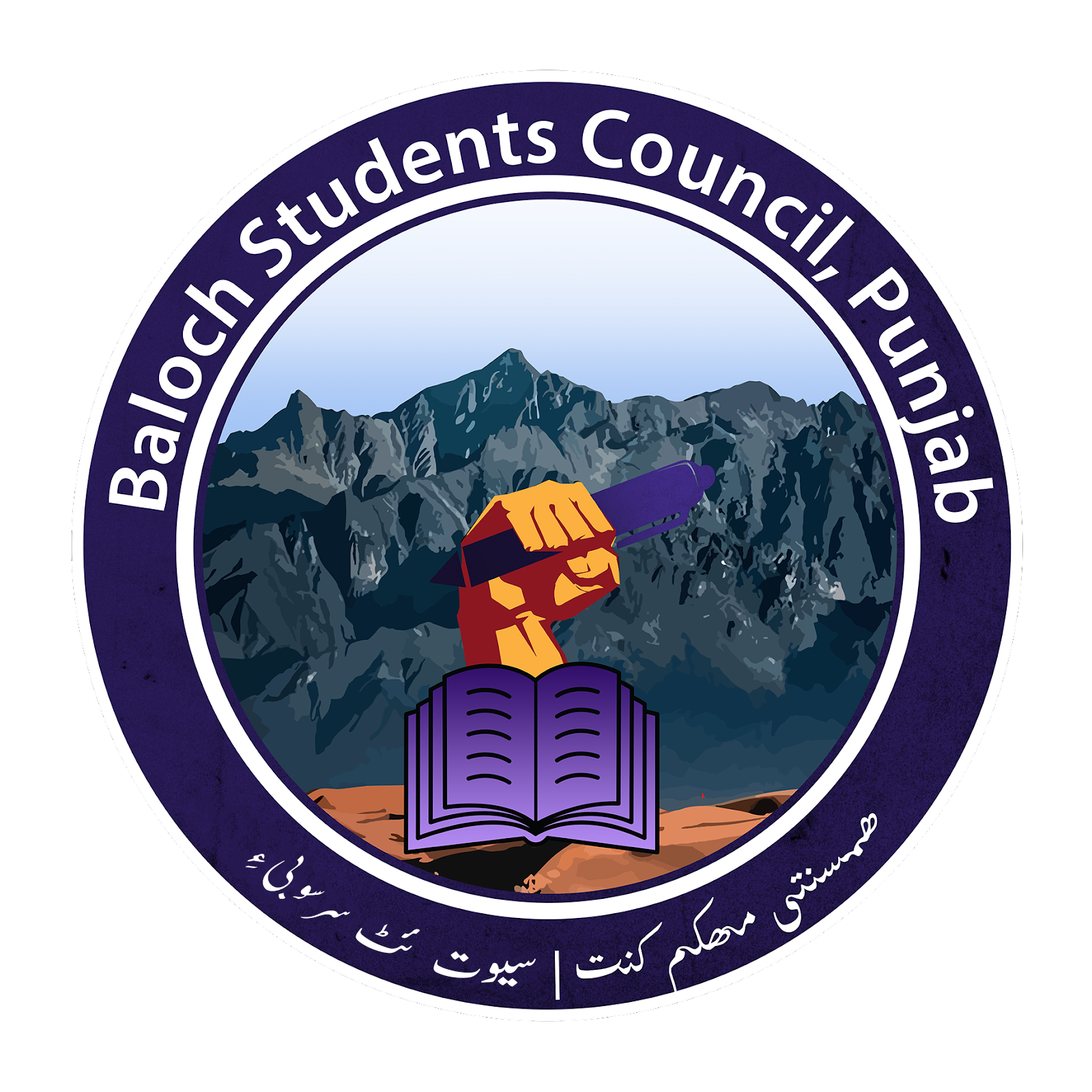Book: Decolonizing The Mind
Author: Ngugi WA Thiango
Review By: Liaquat Baloch
The book Decolonizing The Mind covers the basic aspect of colonial alienation. The author Ngugi WA thiango is East Africa’s leading novelist and his most publications got attention and public fame when he started to write novels on colonialism, dominancy of colonizer, relationship of colonizer and colonized and the colonial tactics.
The first chapter is about the dominant Language in the African literature. The foreign languages that most African authors used are imperialists (English, French, Portuguese). Ngugi points a good case that Language is carrier of culture and without cultural Control colonizer cannot get economical Control, so to do so it has to take charge over cultural control by dominating its own Language in the Literature of that land. He told that The British Colonized the East and South Africa in Late 19th century and early 20th century and this exploitation ended in 1960 and lasted for 60 years. These British settlers, who came to Africa because of its resources and comfortable climate, forced indigenous farmers and herders onto infertile land or made them work on European-owned farms and plantations. Destiny of Africa was always decided in table conferences and the decision for his destiny to be colonize occur in Berlin.
He argues that whenever a colonizer comes and occupies that land, it implements its own language in the literature. English language was made dominant by tactics including English department in every university of British occupied Africa, English was used to be called as unifying language of the People of Africa, whoever taught native African language like Swahili, Gikuyu, Zulu, was punished and English was made measure of intelligence. Its perfect example was that auhor narrates that in our college a student got distinctions in five subject but was fail in English. He was detain in that Class. Gakara a native teacher was jailed for 10 years for writing in his language from 1952–1962. Language is a mean of communication and the carrier of beliefs.
After domination of English language in African Literature, It had worst effects on the psychology of writers, students and teachers of African natives. Writers were so obsessed with English language that one of them named Okara said; “We should use African English to express ourselves.” Another writer named Chinua Achebe said that, I feel that English will carry the weight of my African experience. The language is the vehicle through which power is Fascinated. He stated that when I started writing in my native language Giyuku, I was asked for many times that why I started writing in Giyuku. Even there was psychology that European languages can enrich African literature.
The second chapter is about the language of African theatre. British imposed restrictions on gatherings and gatherings occurred only in English language in school halls, university halls and social halls after getting License from government. The theatre dramas used to be made in English language and this Language was considered to enrich African theatre industry. British recruited a musical officer and every film maker or drama maker had to get permission from him and after sensoring the content, theme, form of films and dramas, he used to give permission. In addition, if there was any anti-imperialistic content included in any film or drama, it was used to be banned.
It got worse impacts even after independence in which Kenya was made a new colony and author says that when they made a play named “Ngaahika Ndeenda” meaning “I will marry when I want.” in which we showed that how Africans were treated in colonized periods and how the White behaved toward them and tortured them. He says they were jailed and exiled on raising such anti-imperial sentiments by making that play.
Moreover, two factors affected the language of African fiction in which author argues that African novel and its development.
First was printing press, publishing houses were under British control. No publisher was allowed to publish book on his own will and sensored books were kept in libraries so as not to expose the young minds to moral and political influences. The second factor was rise of universities and colleges having imperialistic system with fully pledged departments of English. This affected our writings and our point of view on our land. Even after independence, 57 fictional dramas were performed and out of them one was only in our native language, rest of them were in European languages. He says that in a conference on 1978, he delivered a speech in which he said that Kenyan and African writers have no other choice but to return to their root.
In the last chapter, author says that the quest of relevance which is about the conference of 1974 in which delegates from many countries, teachers, writers, students and many official persons participated and told us that this was first conference in which we the native writers of African language pointed out that African language should be taught in schools and writers should make African language as the center of literature instead of making the heroes of English language like Shakespeare and TS Eliot the heroes of African literature.
Author further narrates that we delivered the speech that, “We reject the primacy of English literature and culture and we urge everyone to make African language as the center of their writings.”

